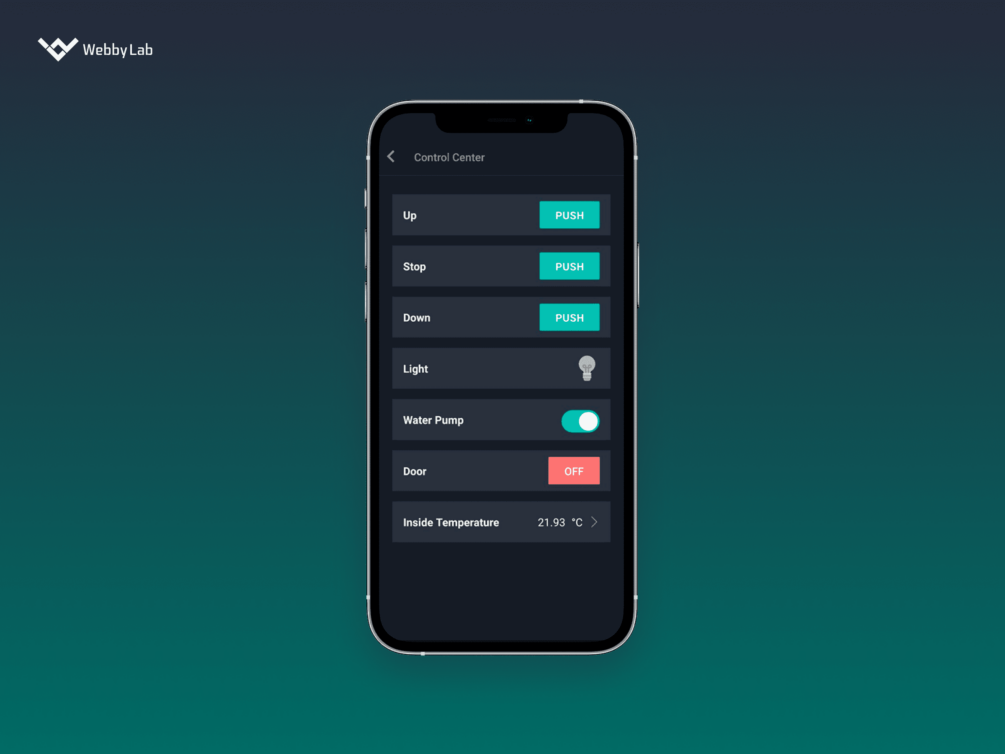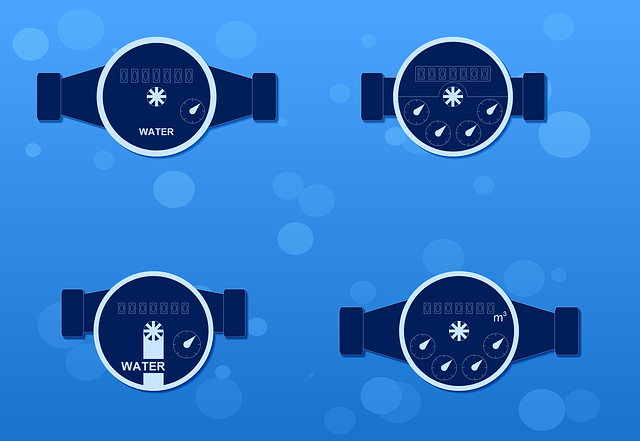Smart Water Management Using IoT Use Cases IoT Solutions Circuit Diagram 1. Smart Water meter . IoT-enabled water meter management solutions use sensors to monitor water usage, identify leaks, save water usage, and reduce utility and city operating costs. The smart water meter measures the water consumption and the temperature in the system and works with IoT-enabled sensors that update regularly. In recent years, faced with the double challenges of global water scarcity and urban population surge, the traditional artificial water meter reading method is low in efficiency and difficult to meet the needs of modern urban management [1].In order to comply with the development trend of smart city, this paper innovatively designs a smart iot water meter system based on LoRa communication The diagram below identifies data flow and integration points for a typical water metering solution that uses the ThingsBoard platform to collect and analyze data from smart water meters. You may notice plenty of connectivity options for the IoT sensors: direct connection to the cloud, through the IoT Gateway, integration with a third-party

Embracing IoT: Transforming Utility Meters with Smart Solutions With the continuous evolution of technology, utility meters underwent a revolution powered by the Internet of Things (IoT) . Intelligent water metering, also known as smart metering , emerged as a game-changer, providing vital data central to sustainable urban water management and See how LoRa devices have enabled business efficiencies in these real-world smart water metering deployments. Cranberry Analytics' ultrasonic smart water meters integrated with LoRa collect meter readings and water consumption data on a daily basis, allowing for effective planning of water distribution as well as real-time anomaly detection and

Smart Water Metering: An IoT Solution for Water Loss Circuit Diagram
The water consumption monitoring application template helps you kickstart your IoT solution development to enable water utilities to remotely monitor and control water flow. Devices and connectivity (1,2) Water management solutions use smart water devices such as flow meters, water quality monitors, smart valves, leak detectors.

With real-time water use data these meters provide, water utilities better leak detection, improved billing accuracy and improved water conservation. Government policies and incentives that promote sustainability have facilitated upgrading equipment, such as smart meters. As a result, the adoption of smart meters will steadily rise.

Smart metering in NB Circuit Diagram
With IoT-enabled smart meters, you can collect water usage at much more frequent intervals than with traditional meters. This enhanced visibility allows you to monitor consumption patterns more accurately and make timely adjustments to water distribution, improving your operational efficiency and billing accuracy. Smart water meters measure the quantity of water consumed in residential, commercial, and industrial applications. Leak detectors detect anomalies in consumption to identify potential water leakage. All monitoring data is collected wirelessly since Smart water meters are battery-powered devices using wireless low-power connectivity with long reach. This blog introduces how an NB-IoT water meter works and reveals how to build it through a prototype project. Whether you're just starting your journey in IoT or looking to bring your smart water meter design to market, investing in the right components and manufacturing partner is crucial. With PCBONLINE by your side, the possibilities are
